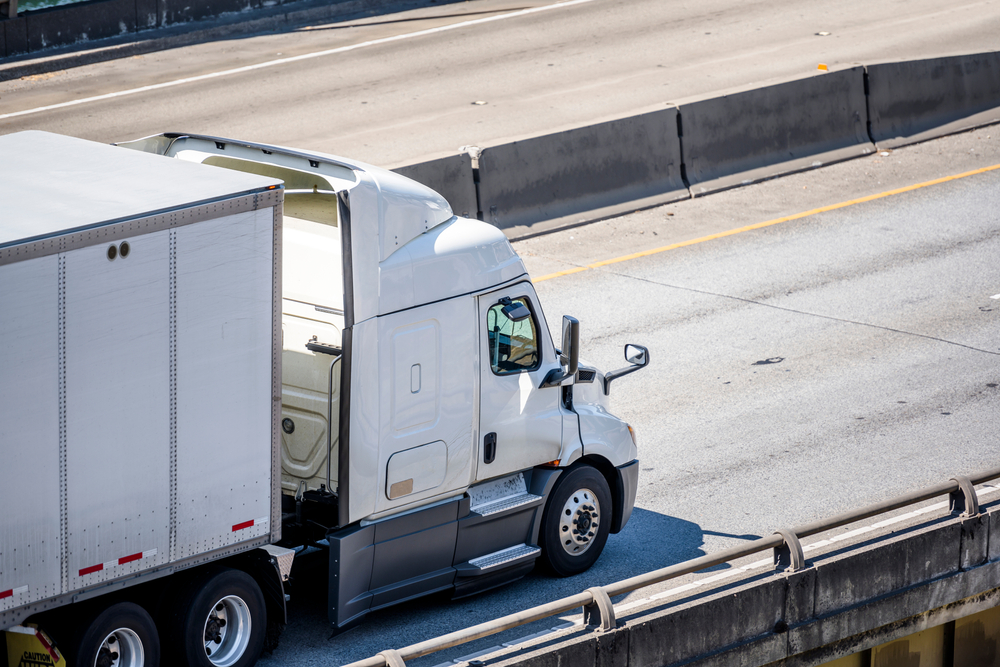
Kroger, the American retail giant, has announced the closure of three of its e-commerce spoke facilities located in Texas and Florida by the end of May. The decision affects cross-docking warehouses in Austin, San Antonio, and Miami, integral parts of Kroger’s e-commerce operation developed in partnership with the British online grocery innovator, Ocado. This partnership aimed to enhance Kroger’s e-commerce capabilities through a network of automated fulfillment centers and spoke facilities designed to streamline the delivery process.
Despite the strategic intentions behind these facilities, a Kroger spokesperson revealed that they had failed to achieve the company’s predetermined success benchmarks. The closure decision comes after various strategies were employed to enhance performance, including leveraging learnings from other locations and increasing customer support. Nevertheless, all impacted employees have been offered alternative positions within the company, reflecting Kroger’s commitment to its workforce amidst operational changes.
The shuttered spoke facilities are part of a broader network designed to extend Kroger’s delivery reach. Orders are compiled in larger automated hubs operated by Ocado and then distributed to these smaller cross-docking warehouses for final delivery. The closure of the spokes in Austin, San Antonio, and Miami does not affect the larger hubs in Dallas and Groveland, Florida, which will continue their operations and support Kroger’s e-commerce delivery system.
This adjustment in Kroger’s e-commerce infrastructure signals a recalibration of the company’s strategy to adapt to the competitive and ever-evolving online grocery market. The partnership with Ocado has been a cornerstone of Kroger’s ambition to scale its e-commerce offerings and deliver fresh food more efficiently across the U.S. Despite the closures, Kroger reassures its commitment to expanding its online presence and enhancing e-commerce services to meet consumer demand.
The closures come at a time when Kroger reported a robust financial performance for 2023, with a notable increase in total company sales reaching $150 billion, up from $148.3 billion in the previous year. Amidst this financial success, Kroger continues to navigate the complexities of the e-commerce landscape and the potential merger with Albertsons, another major player in the American grocery sector. The proposed $24.6 billion merger faces legal hurdles, adding another layer of complexity to Kroger’s operational and strategic considerations.
As Kroger adapts its e-commerce strategy, the industry watches closely to see how these changes will influence the company’s ability to compete in the digital marketplace and continue serving its communities effectively.
Source:











Leave a Comment